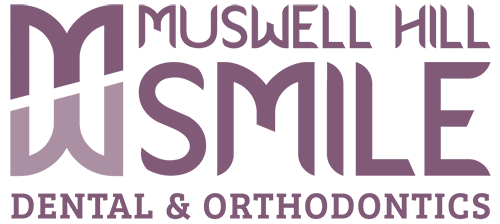
The first baby teeth that come into the mouth are the two bottom front teeth around 6-8 months old. Next to follow will be the 4 upper front teeth and the remainder of your baby’s teeth will appear in pairs along the sides of the jaw until the child is about 2 1/2 years old. Around this age your child should have all 20 teeth.
A child’s first dental visit should be scheduled around his/her first birthday. By the age of one, most of your baby’s front teeth should be present. It’s an opportunity for the dentist to look into his or her mouth and check that the teeth are developing as they should. The most important part of the visit is getting to know and becoming comfortable with a doctor and his staff. A pleasant, comfortable first visit builds trust and helps put the child at ease during future dental visits. If possible, allow the child to sit in a parent’s lap in the exam room. This visit is also an opportunity for you to check what sort of toothbrush and toothpaste is right for your child and to get advice on food and drink.

As part of the natural learning process, little ones are expert mimics, and you can take advantage of this talent. Brush and floss daily while your child is watching.
Use toothpaste especially suitable for babies as there is a risk that your baby will swallow the toothpaste. The presence of the fluoride from toothpaste in the saliva is very important to prevent cavities and use a smear of toothpaste only.
The little one should brush his or her teeth before going to sleep, after that, don’t give your child any food or drink, except water, until the next morning.




